Damp garage floor 2 years after construction
flathead
18 years ago
Related Stories
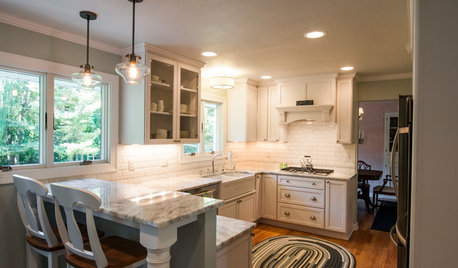
KITCHEN OF THE WEEKKitchen of the Week: 27 Years in the Making for New Everything
A smarter floor plan and updated finishes help create an efficient and stylish kitchen for a couple with grown children
Full Story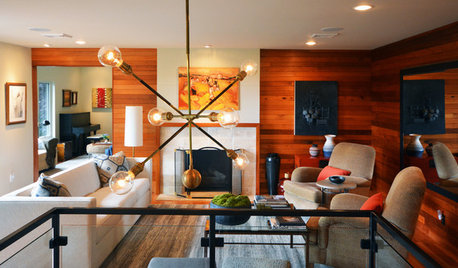
MY HOUZZMy Houzz: Portland Home Renovation Worth the 15-Year Wait
Open spaces, natural light and valley views take center stage in this couple’s modern refresh
Full Story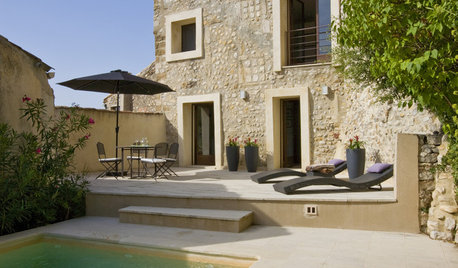
MODERN HOMESHouzz Tour: 800-Year-Old Walls, Modern Interiors in Provence
Old architecture and new additions mix beautifully in a luxurious renovated vacation home
Full Story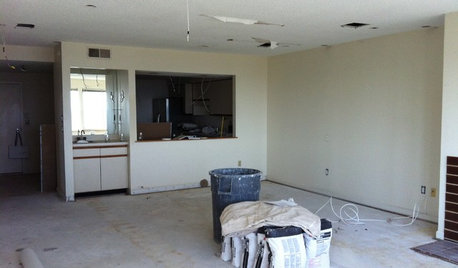
DISASTER PREP & RECOVERYRemodeling After Water Damage: Tips From a Homeowner Who Did It
Learn the crucial steps and coping mechanisms that can help when flooding strikes your home
Full Story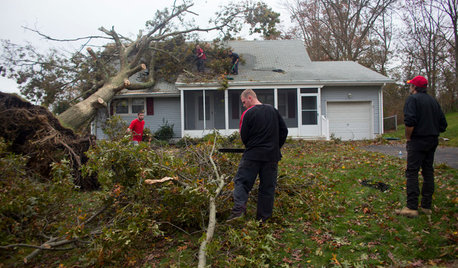
MOST POPULARWhat to Do After a Hurricane or Flood
How you treat your home after a natural disaster can make all the difference in its future livability — and your own personal safety
Full Story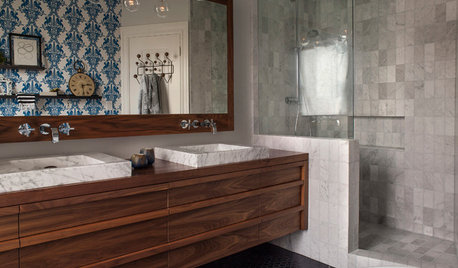
BEFORE AND AFTERSBefore and After: 19 Dramatic Bathroom Makeovers
See what's possible with these examples of bathroom remodels that wow
Full Story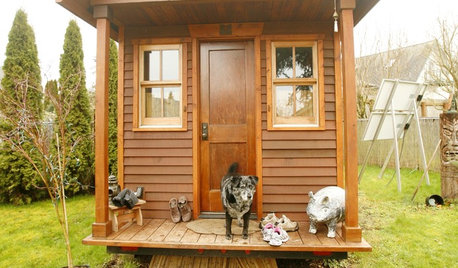
SMALL SPACESLife Lessons From 10 Years of Living in 84 Square Feet
Dee Williams was looking for a richer life. She found it by moving into a very tiny house
Full Story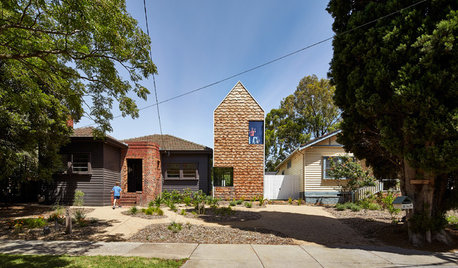
MOST POPULARHouzz Tour: A Playful Home Drawn Up by 8-Year-Old Twins
Plans for this innovative tower home in Melbourne were going nowhere — until the homeowners’ twins came to the rescue
Full Story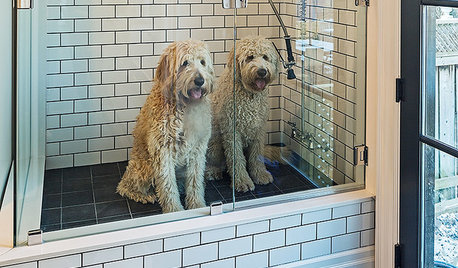
THE HARDWORKING HOME8 Laundry Room Ideas to Watch For This Year
The Hardworking Home: A look at the most popular laundry photos in 2014 hints that dog beds, drying racks and stackable units will be key
Full Story
DECLUTTERINGClutter vs. Keepers: A Guide to New Year's Purging
Simple questions to get in touch with your clutter comfort level — and figure out what needs to go
Full StoryMore Discussions






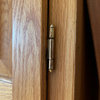

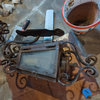
manhattan42
flatheadOriginal Author
Related Professionals
Oxon Hill Kitchen & Bathroom Remodelers · South Barrington Kitchen & Bathroom Remodelers · Tamarac General Contractors · Troutdale General Contractors · Concord Painters · Durham Painters · Jacksonville Painters · Boise Painters · Clearwater Painters · Coos Bay Painters · Davie Painters · Greenlawn Painters · Healdsburg Painters · Knightdale Painters · Whittier Paintersbus_driver
manhattan42
GDS_
flatheadOriginal Author
galotoczky_wowway_com
sdello
bus_driver
tcgoff_hotmail_com
SeattleSurfaces